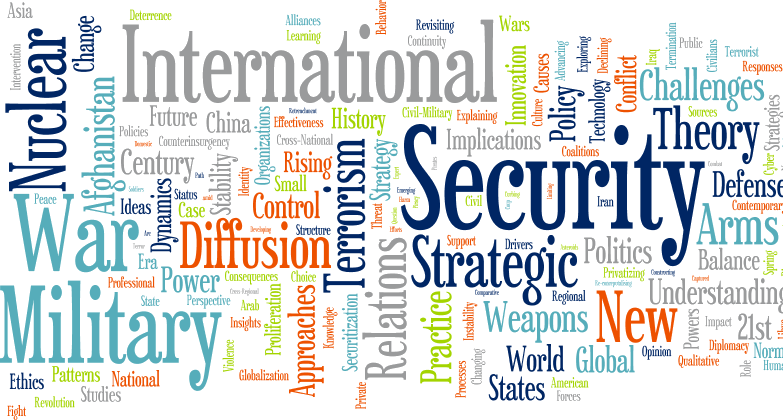China has long had territorial disputes in the South China Sea for centuries. The South China Sea is surrounded geographically by six states – China (including Taiwan), Malaysia, Indonesia, Brunei, Vietnam, and the Philippines. There has been a recent spark in the tensions between the Philippines and China over the Spratlys and the Scarborough Shoal, which is believed to have valuable oil and gas reserves and is also a vital fishing ground and a major shipping route in that region. The Philippines claims that the Spratley Islands and the Scarborough Shoal lie in their jurisdiction because of their geographical proximity with the Scarborough Shoal being a little more than 100 miles from the Philippines and 500 miles from China.
The geopolitical situation in the South China Sea is quite complicated because it is a powder keg for conflict and future escalation because the Philippines is not willing to give up the Spratleys and China is not backing down either. Since the Philippines and the United States are allies the US has an obligation to interfere on the side of the Philippines if it gets into a military conflict with China. It would then extend the conflict to not just Philippines and China but the US and China as well. This would negatively impact the relations between China and the US if conflict does escalate.
Professor Evans, our guest lecturer this week, said that the disputes over the South China Sea is a actually a “Battle of Symbolism” in terms of whether it be US or China taking nominal control over the area and not necessarily just for the islands themselves. For comparison the Spratleys and the Scarborough Shoal can be compared to the significance the Caribbean played in the 19th century for Britain and the United States. China has been trying to exert its power in South East Asia and extend its territorial grasp and influence on the South China Sea. While the US has already instilled their military might and influence in Asia with their various military bases essentially surrounding China.
I would argue that ultimately the costs for China to take over the various islands in the South China Sea greatly outweighs the potential benefits whether it be in terms of natural resources or exerting its power and influence over South East Asia. They would greatly off set the geopolitical stability of the region and in trying to exert more power they may actually relinquish some of its influence if Western forces intervene.
The Philippines sees China as a bully trying to take something that is theirs and is looking to its big brother the US to defend them. If China continues to play its role as the big bully in the playground then the rest of the other kids would not want to play or share their toys with him. China would not want to have this image as a bully because the other Southeast Asian countries might become more hostile towards China and this will hurt China’s relations in terms of trade and commerce with that region. The US might also be forced to intervene and some would argue that greater Western intervention would further destabilize the region.
I conclude that it is in the best interest of China to try and get along with the other kids on the block and to not be greedy and try and claim toys that don’t belong to them or else they will get shunned in the playground and might face disciplinary actions from the US.

3 responses to “Is China the Big Bully in the Southeast Asian Playground?”